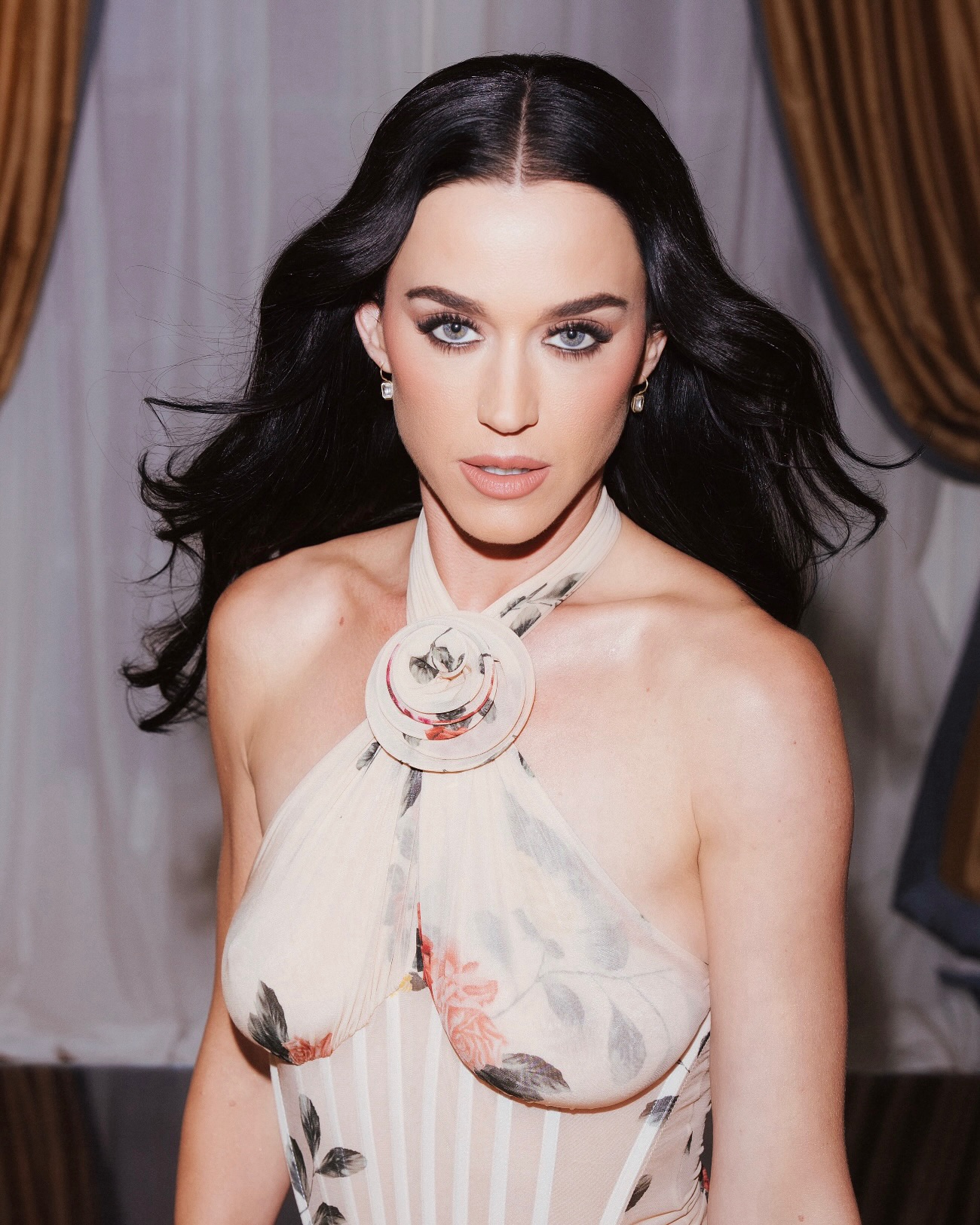October 17, 2025
Justin Trudeau Under Fire as RCMP Scandal Raises Questions of Accountability

Former Canadian Prime Minister Justin Trudeau finds himself at the center of a legal and ethical storm as allegations of political interference during his tenure prompt a broader debate on the limits of accountability and privacy for public figures in the digital age.
Canada’s Royal Canadian Mounted Police (RCMP), traditionally seen as a beacon of impartiality, faces criticism from opposition leader Pierre Poilievre. Poilievre argues that the RCMP may not have thoroughly investigated alleged misconduct under Trudeau's government. This controversy, spotlighted under Section 5 of the RCMP Act, highlights the ongoing tension between operational independence and governmental oversight. Constitutional scholars and political commentators suggest that even a hint of political interference could erode public trust in the justice system, a sentiment echoed in global discussions about the independence of judicial bodies in democratic nations.
The legal ramifications for Trudeau post-office are significant. In Canada, former leaders can be prosecuted just like any other citizen, setting the stage for a potential landmark case that could test the principles of equality before the law. This situation mirrors similar cases in other democracies, where leaders like Donald Trump, Nicolas Sarkozy, and Benjamin Netanyahu have faced legal challenges after leaving office.
Adding complexity to Trudeau's post-political life is his reported relationship with pop star Katy Perry. The circulation of private images of the pair has sparked a serious conversation about the boundaries of privacy rights versus public interest. In an era where digital content crosses borders instantaneously, Canadian tort law, which includes claims like intrusion upon seclusion, faces new challenges that were unimaginable when these laws were first enacted.
This debate is not confined to privacy issues but extends to how democracies worldwide are grappling with holding their leaders accountable while respecting their private lives after leaving office. Countries like France and Israel are navigating these waters with public trials of former leaders, suggesting a shift towards greater accountability.
As the legal community watches these developments, Trudeau’s case may become a defining one for how modern democracies address the dual imperatives of transparency and privacy. With technological advancements outpacing legal frameworks, the intersection of leadership, law, and privacy is more pronounced, presenting unprecedented challenges that will likely shape public life and legal standards for years to come.
As this narrative unfolds, it becomes clear that the line between public interest and private life remains as contentious as ever, testing the very foundations of legal and ethical standards in the digital age.